Daikin Aircon vs Mitsubishi Aircon: Which Should You Get?
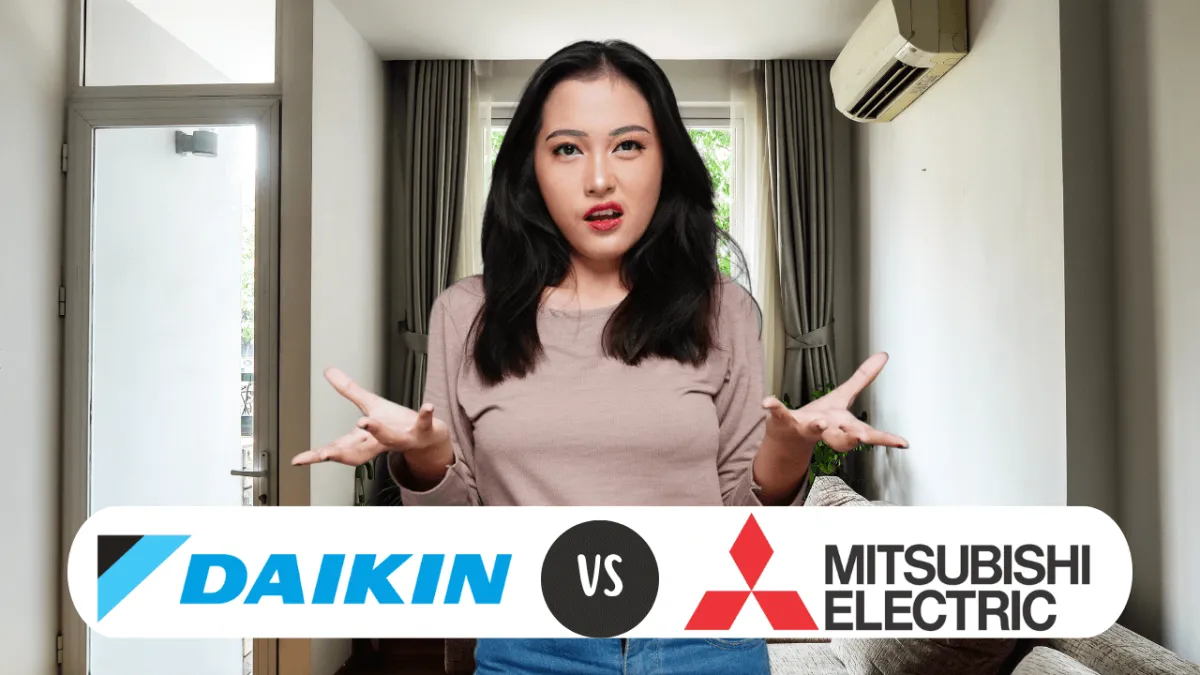
Daikin air conditioners and Mitsubishi air conditioners are very popular and widely considered to be the most reliable and value-oriented brands when it comes to money.
Most people experience the Daikin vs. Mitsubishi air conditioner debate when they have to purchase an air conditioner that provides an optimum cooling effect for a small to medium-sized room without increasing their monthly energy budget.
Chances are you've seen these air conditioners in homes, offices, and schools. But that doesn't make choosing the right air conditioner brand for your space any easier!
Are you torn between Daikin and Mitsubishi air conditioners?
Keep reading to find out which brand has the best and most reliable air conditioner for you!
Mitsubishi vs Daikin Air Conditioner: Factors to Consider
Product Ranges
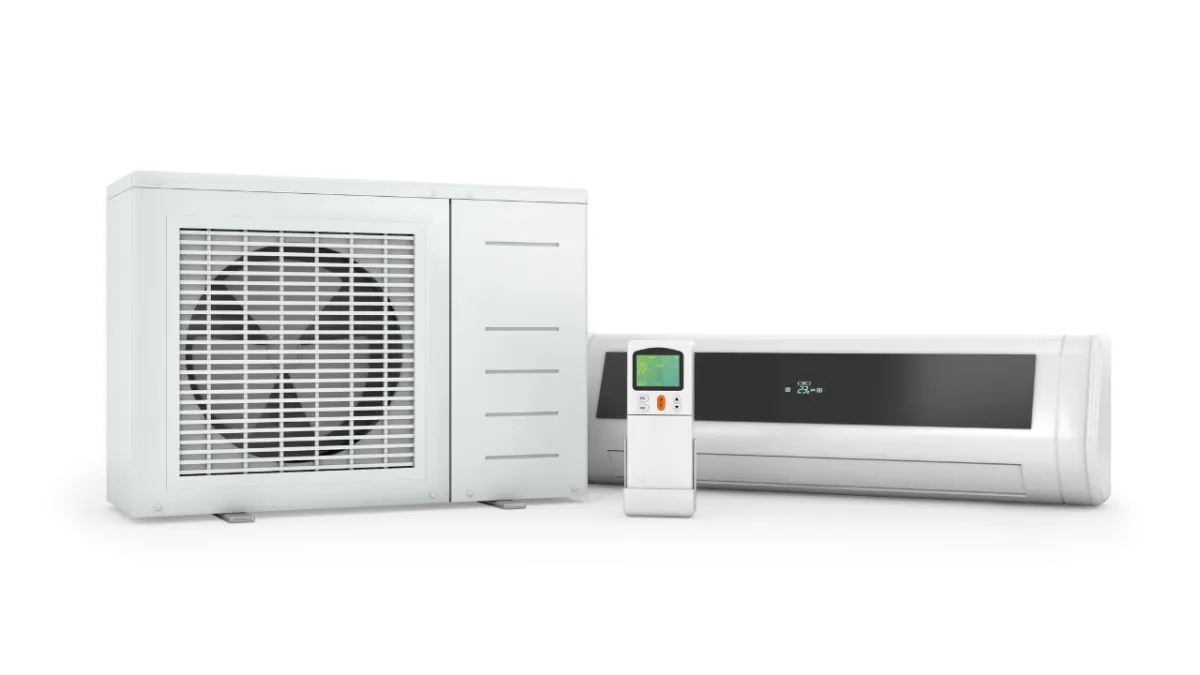
Both Daikin and Mitsubishi offer a comprehensive range of air conditioning systems:
Split Systems: Consist of an indoor unit mounted on a wall, and an outdoor unit placed outside the building. Ideal for cooling individual rooms or specific areas.
Multi-Split Systems: Perfect for homes with multiple rooms, allowing you to connect several indoor units to one outdoor unit.
Ducted Systems: A central unit that distributes cooled air through a network of ducts that lead to vents in each room, plus an outdoor unit. Suitable for whole-house cooling, providing uniform temperature control throughout your home.
Inverter Models: Advanced models that provide energy-efficient cooling with variable speed compressors based on cooling demand rather than turning on and off.
The two's offerings are largely similar, but a key difference is their inverter models.
Both brands excel in inverter technology, but Daikin’s Pulse Amplitude Modulation (PAM) control offers a slight edge in faster cooling, while Mitsubishi’s DC inverter technology ensures optimal energy efficiency.
Features
Both brands offer models with advanced features, so let us compare the aspects that would be most relevant to household needs:
Intelligent Sensors
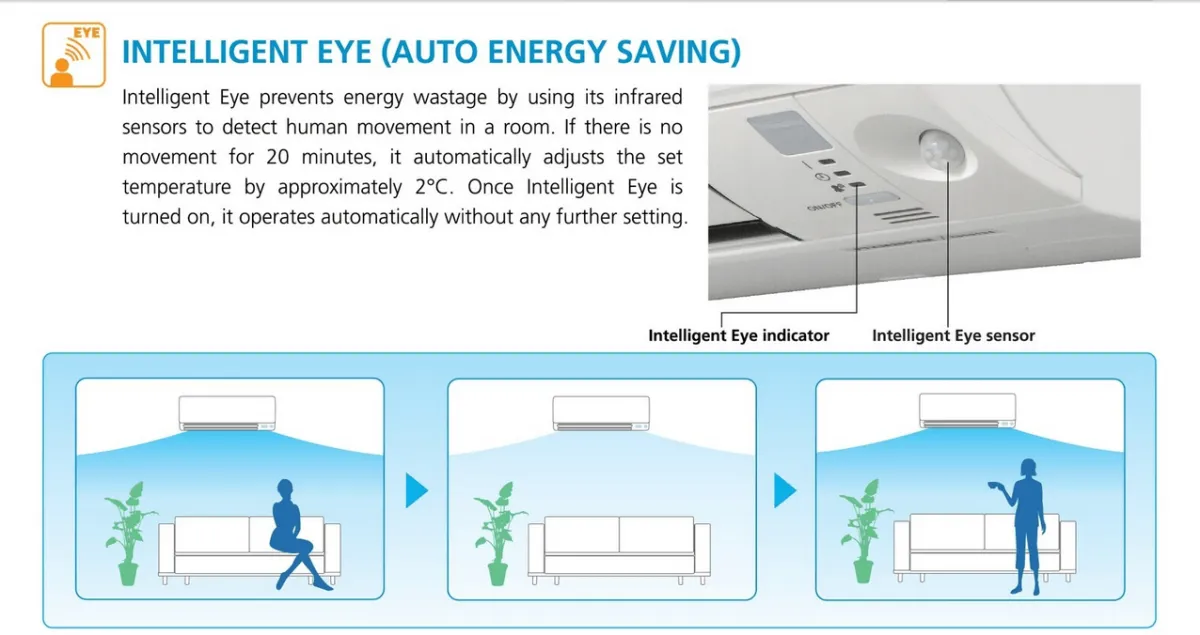
The Intelligent Eye Sensor from Daikin detects human movement in the room and automatically adjusts the air conditioner's operation to save energy when no one is present.
Combined with 3D Airflow, which circulates air using both horizontal and vertical auto-swing, Daikin ensures comprehensive room coverage and energy savings.

On the other hand, Mitsubishi’s 3D i-See Sensor scans the room in three dimensions to detect human presence and temperature variations. This sensor optimises airflow distribution and energy use based on the number of people and their location, providing personalised comfort.
Additionally, the i-See Sensor eliminates hot and cold spots by adjusting airflow accordingly.
While both brands offer intelligent sensors that enhance energy efficiency and comfort, Mitsubishi’s 3D i-See Sensor provides more detailed scanning and customised comfort, making it slightly more advanced in this category.
Quiet Operation
Daikin air conditioners incorporate sound-dampening technology in their compressor and fan design, operating at noise levels as low as 19-25 dB(A). Some models also feature a night mode to reduce noise levels further.

However, Mitsubishi is renowned for its whisper-quiet performance, with some units achieving noise levels as low as 19 dB(A). Their advanced fan and compressor designs significantly reduce noise and vibrations, ensuring a tranquil indoor environment.
Both Daikin and Mitsubishi offer exceptionally quiet air conditioners. Still, Mitsubishi’s reputation for whisper-quiet performance gives it a slight advantage, especially for noise-sensitive areas like bedrooms and study rooms.
Smart Control Capabilities

Daikin’s air conditioners provide robust smart control features, including mobile app control, voice assistant integration, and home automation compatibility.
The Daikin Mobile Controller app allows users to adjust temperature settings, switch modes, set timers, and monitor energy consumption from anywhere.
Moreover, Daikin sets itself apart by offering intelligent thermostats that learn user preferences for optimised comfort and efficiency. If smart home integration is a priority for your household, Daikin's thermostats with learning capabilities offer an added benefit for users seeking optimised comfort.
While Mitsubishi offers Wi-Fi-enabled units that can be controlled remotely via a dedicated smartphone app, these air conditioning units are not available in Singapore as of the publication of this article.
Air Purification
Air quality is a significant concern for many homeowners nowadays, and both Daikin and Mitsubishi offer advanced filtration systems to address this.
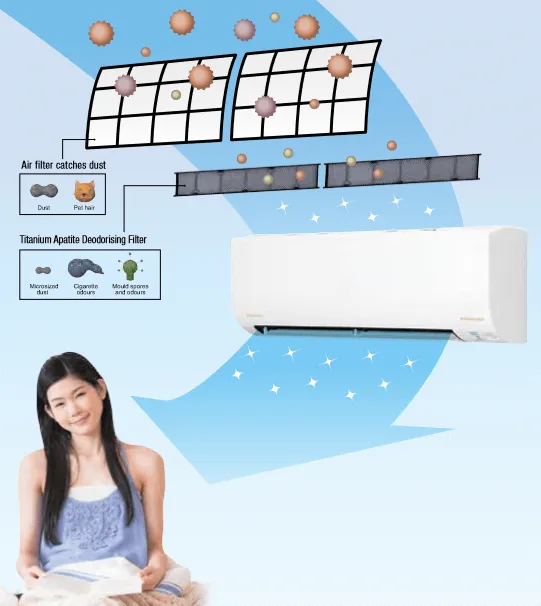
Daikin's latest Titanium Apatite Photocatalytic Filters trap microscopic particles, break down odours, and deactivate bacteria and viruses via a TiO2 photocatalyst. These filters are also widely used in removing pollutants and volatile organic compounds (VOCs), such as nitrogen (NOx) and sulphur (SOx).
Daikin also offers its patented Flash Streamer technology, which uses electrons to break down allergens such as pollen and fungal allergens and remove unpleasant odours to provide better, cleaner air.
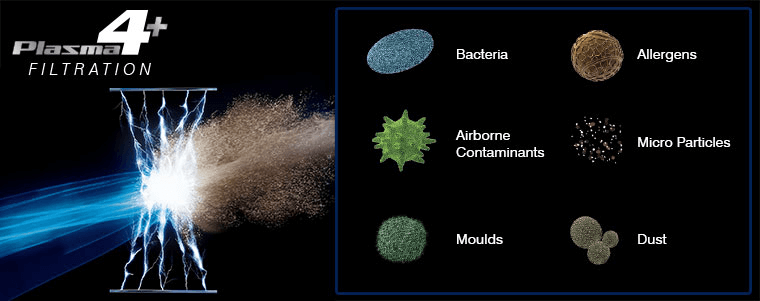
Meanwhile, Mitsubishi Electric air conditioners feature a wider range of air purification filters:
Plasma Quad Plus Filter: Mitsubishi's most advanced air purification filter that utilises plasma technology to capture and neutralise pollutants, including PM2.5 particles, bacteria, viruses, and allergens.
Nano Platinum Filter: Incorporates platinum-ceramic particles to enhance antibacterial and deodorising performance.
Anti-Allergy Enzyme Filter: Uses enzymes to break down and neutralise allergens, providing relief for individuals with allergies.
Electrostatic Anti-Allergy Enzyme Filter: Combines electrostatic technology and enzyme filtration to capture and deactivate a wide range of allergens effectively.
Energy Efficiency and Performance
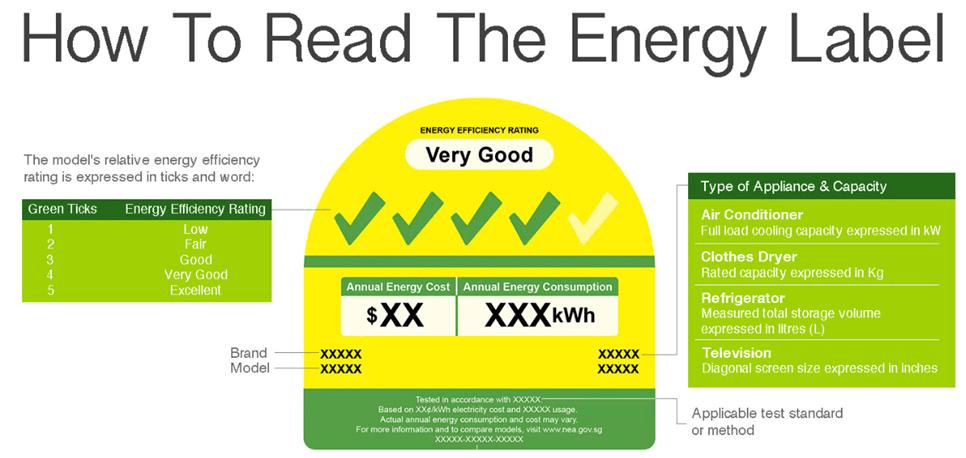
Both Daikin and Mitsubishi aircon systems prioritise energy efficiency in their air conditioning systems, with high Energy Star ratings, making them reliable brands if you are in the market for quality products that also provide substantial savings on electricity bills.
Furthermore, both brands offer models that frequently exceed the minimum requirements for Energy Star certification, thanks to advanced inverter technology and intelligent energy management systems, as we explored earlier.

That said, Mitsubishi air conditioners have a Dual Barrier Coating, which prevents dust and grease from accumulating on the internal components. This coating maintains the unit’s efficiency by ensuring that the heat exchanger, fan, and air ducts remain clean, thus reducing the energy required to cool the air.
Installation and Maintenance
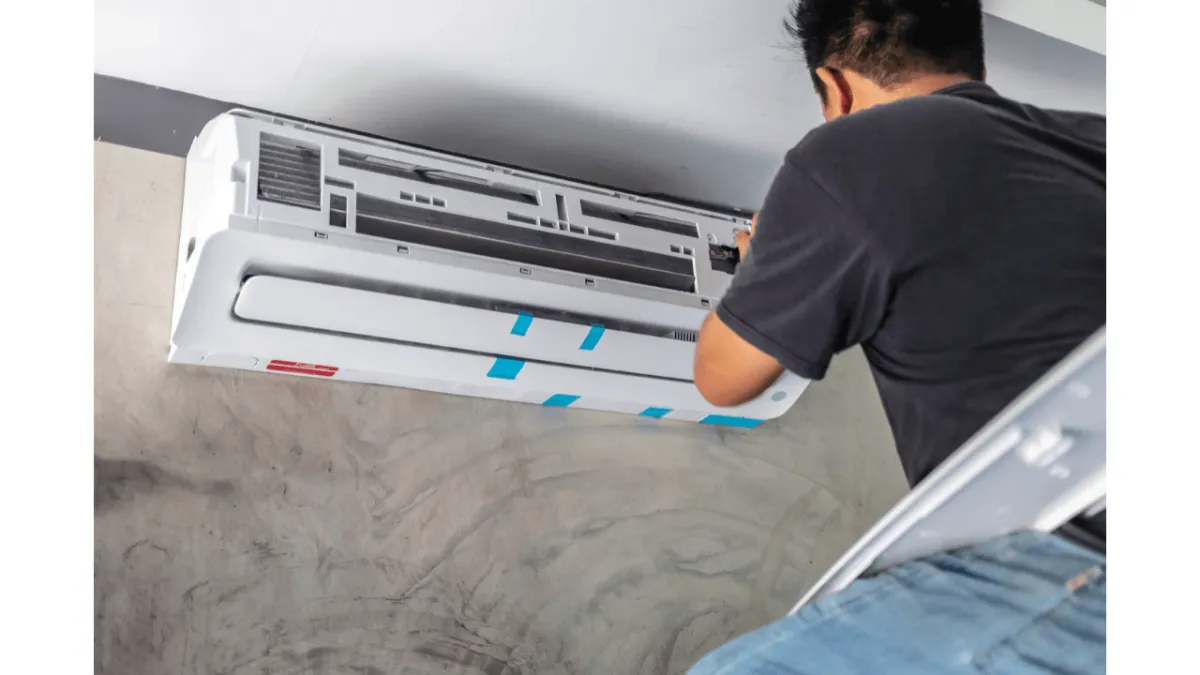
Praised for their easy installation services and user-friendly maintenance costs, Daikin units are often preferred by installers and homeowners alike, especially when their commitment to quality and durability translates to a long service life.
Contrarily, Mitsubishi air conditioners require a professional installation due to their advanced features and complex design. That said, their units typically require minimal maintenance with durable components and robust construction, ensuring trouble-free operation for years to come!
Pricing and Warranty

In terms of pricing, Daikin is an attractive option for budget-conscious consumers. Its diverse range of models at competitive price points caters to various budgets and preferences without compromising on quality or performance.
If you're looking for a premium brand, Mitsubishi is your go-to, as it leans towards higher-priced models with advanced features and superior build quality.
That said, as leading brands in the industry, both provide extended warranties, comprehensive coverage for installation services and maintenance and excellent after-sales support for their customers!
Which One Should You Choose?
Ultimately, the choice between Daikin and Mitsubishi air conditioning units depends on your specific needs, preferences, and budget considerations. Both Daikin and Mitsubishi offer high-quality, energy-efficient air conditioners suitable for Singaporean homes.
If you prioritise budget-friendly choices and straightforward designs with intelligent smart home integration capabilities, Daikin may be the better option for you.
However, if you prefer advanced air purification, innovative technology, exceptional quality, and long-term reliability, Mitsubishi could be the ideal choice.
Therefore, it's best to consider your requirements carefully and explore the features and benefits of each brand's model before making your decision!
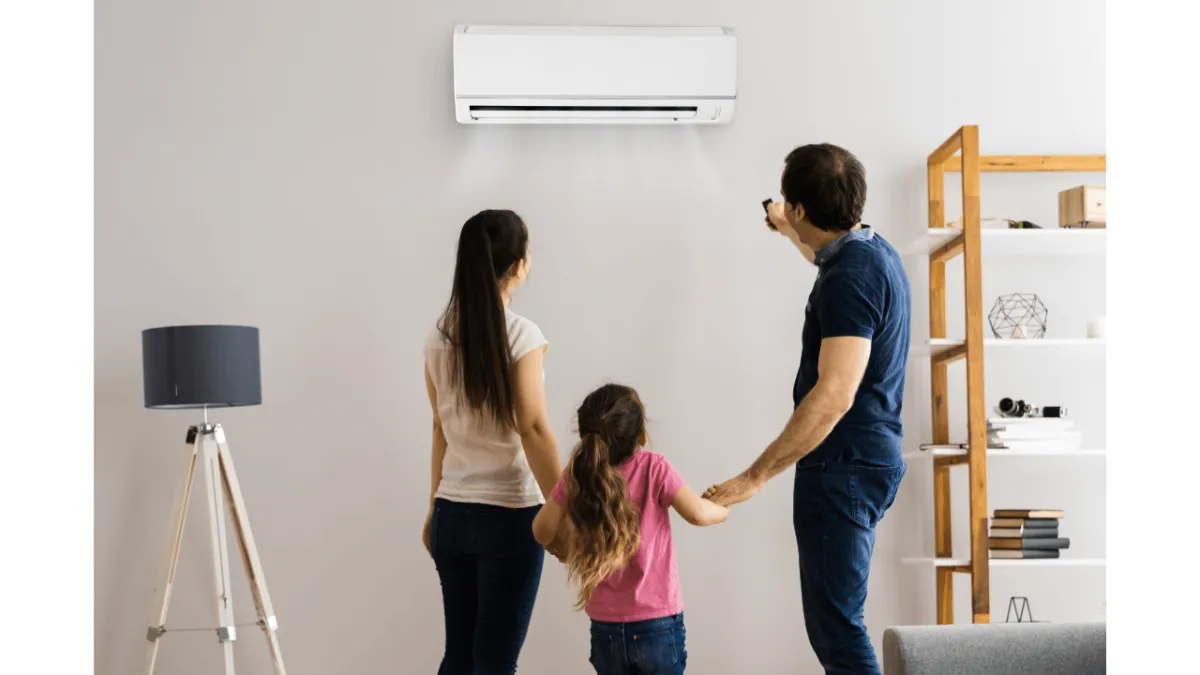
Daikin vs Mitsubishi aircon: Ready to make your pick?
Whether you opt for a Mitsubishi or Daikin aircon, these top brands offer models that can cool your room and bring some freshness wherever you go.
If you want to better understand the comparison between Daikin and Mitsubishi air conditioners, Air Con Uncle is here to assist you with your air conditioner needs!
With over 20+ years in the air conditioning business, Air Con Uncle can help you find the right air conditioning unit for your homes and offices and install and service them without hassle.
Don’t Wait, Ask Uncle Today
Thank you for your kind interest in Aircon Uncle! Please fill up the form below and we will get back to you as soon as possible.

A Brand Owned By AC Connect Pte Ltd
181 Ubi Ave 4
Singapore 408794

